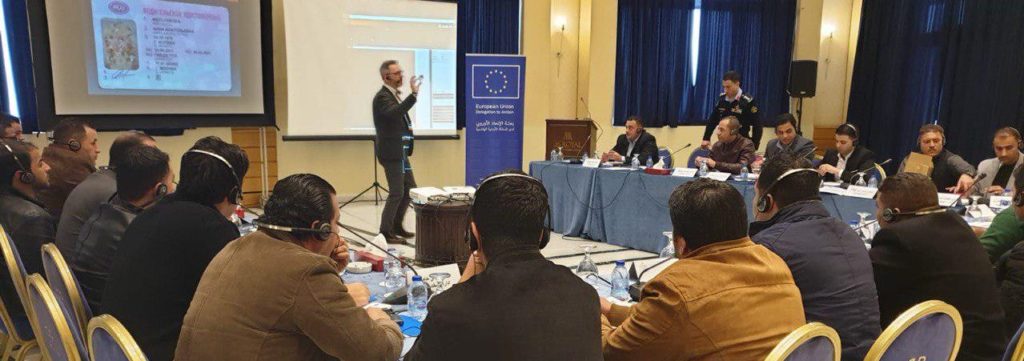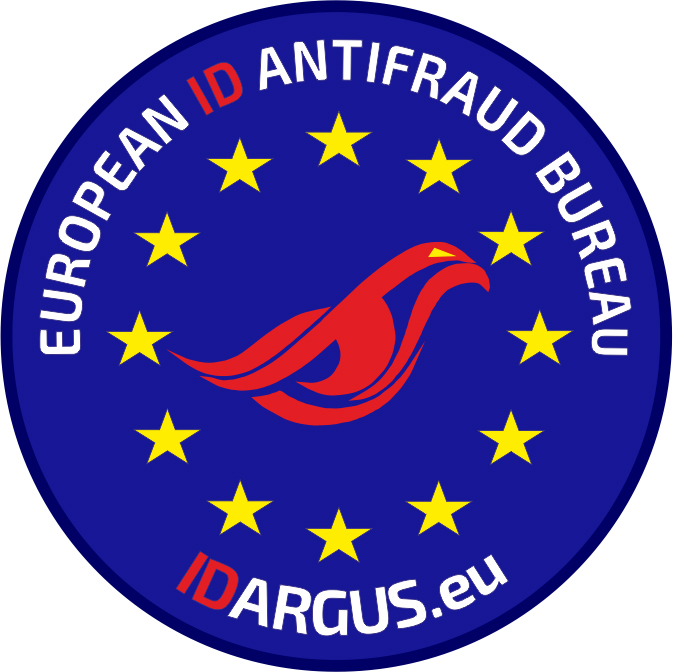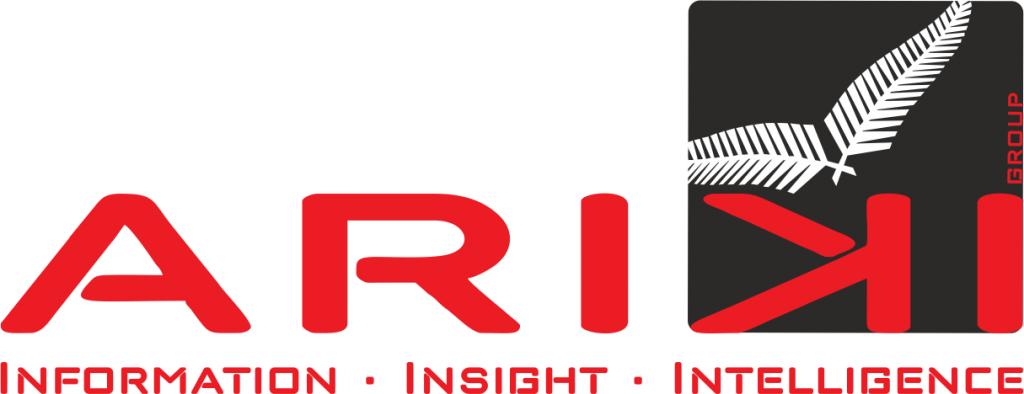
Interview with Gianluca Ciuchi, CEO of ARIKI Group, a European company specialised in preventing identity fraud.
Fraud prevention will play a decisive role in a market mired in a systemic crisis due to the COVID-19 pandemic, as the general upward trend in fraud will have accelerated.
Barcelona, 12.05.2020
In this interview, Gianluca Ciuchi Davie, CEO of ARIKI Group, describes the decisive role of fraud prevention in the evolution of a market mired in one of the most unpredictable systemic financial crises of all times. He warns that we can expect an alarming increase in the already climbing rate of identity fraud, along with its dire consequences.
- Let's get some context to start: What is your assessment of the last 25 years of fraud prevention at ARIKI Group?
My assessment is definitely a positive one. Over the past two decades, the business world has changed a lot and so has the modus operandi of crooks and criminal organisations that use fake IDs to commit fraud.
A lot of work has been put into perfecting the digitization of customer-onboarding processes, such as through KYC (Know Your Client) procedures and the PSD-2 Directive aimed at strengthening the security of electronic payments. This has limited the need for potential customers to provide verifiable identification from the start.
As a result, in 2018, European lawmakers took action through Directive (EU) 2018/843 (aka AMLD5)to curb the impact of customer identification protocols that were loose enough to facilitate money laundering and the funding of terrorism—including the attacks carried out in Barcelona in 2017.
- It might be too soon to make predictions like this but how do you think the global COVID-19 pandemic will affect the security industry?
This crisis is unlike anything we've ever seen before due to its magnitude. In 2008-2009, we saw certain fundamental sectors of the economy crumble but the scope of this crisis is systemic. The pandemic will be a driving force in accelerating the general upward trend in fraud.
People will no longer commit fraud only to secure extra money. Now they will do it just to make ends meet after pinching pennies all month.
And using a fake ID is the most practical was to commit fraud both in terms of both cost (anyone can buy a fake ID for less than €500) and ease of access (via the dark web).
In fact, we know that organised crime groups - especially those from Eastern Europe - are already preparing to bring a substantial number of fake IDs to the European market at very affordable rates.
- And how do you expect the national and international market to evolve over the coming months?
We predict there will be a significant increase in the amount of fraud committed. It is hard to say exactly how much or how it will impact national economies (due to tax evasion) and economic activities, but currently, global company losses due to fraud represent approximately 1.5% to 4% of income, which translates to billions of euros annually.
And we mustn't forget that consumers end up shouldering these losses since they lead to rising service rates.
- Could you describe ARIKI Group’s customers? What kinds of challenges are they bringing in?
Right now, we're mostly hearing from companies who don't yet have an advanced ID control service or who want to trade in their current system for a more rigorous and secure one. That includes financial institutions, credit institutions and mobile network operators.
In the case of financial institutions, their main concern is potential regulatory non-compliance and, more generally, protecting their reputation. They're also concerned that the lack of more rigorous customer identification and onboarding will eventually expose their company not just to sanctioning procedures by the authorities but also to any potential class action brought forward by victims. If that were to happen, the indemnities could have potentially devastating financial consequences for the company.
- In that sense, what do customers value most about your intelligence-based solutions for preventing identity fraud?
As of today, ARIKI Group is the only company in Europe to apply intelligence-based criteria to ID control analysis. That makes our solutions the best available.
Not only do we verify the check digits of ID numbers but our applications also analyse millions of authentic documents, run comparisons with more than 4,500 laws on the issuance of IDs from 174 countries, and perform statistical analysis of the demographic and social evolution of the past 20 years at the national, regional, and provincial level of all countries to determine issuance patterns.
And on top of all that, we have a complex verification system for ID images based on machine learning.
Our main job is to turn information into intelligence and our clients value the high quality of our solutions. They are the result of years of experience gained while collaborating with the law enforcement agencies of many different countries.
- One of the company's main activities is providing free training on ID forgery and illegal trafficking of vehicles to law enforcement agencies upon request. Why do you consider this training important enough to offer free of charge?

We are firmly convinced that human professionalism will always be an irreplaceable value, regardless of the advanced technology that we can develop.
That's why we've been supporting the law enforcement agencies of countries that make an official request for years now, providing them with free training and sharing our know-how.
As of today, we've trained the police forces of many EU and North African countries in collaboration with the UNODC.
In fact, many of our trainers are former police officers and experts from different European countries.
- Of the Group's current undertakings, the creation of IDargus, the European antifraud project, stands out. What can you tell us about it?

It's the most ambitious project we've taken on so far. IDargus is an international non-profit project aimed at providing associated institutions with a platform featuring advanced ID control tools (databases, analysers, video tutorials, etc.), training, information-sharing activities and technical assistance during ID verification tasks. This entire infrastructure is available to the law enforcement agencies of different countries completely free of charge.
The only way to prevent identity fraud is to create a global database containing all the fake documents and IDs detected (aliases). The overall objective of the IDargus project is to establish a mutually beneficial meeting point for the public and private sectors, where they can work to prevent fraud better, thus safeguarding the interests of companies, police forces and honest citizens.
- You also recently launched a new corporate website in several languages. What can you tell us about that?
With the aim of offering our clients unique and advanced services, we recently launched a totally updated and more practical website where users can better understand how we prevent identity fraud.
- As the CEO of ARIKI Group, what are the company's main objectives for the very uncertain future that awaits us?
When this is all over, many aspects of our day-to-day life will be different and so will we. What's more, in many contexts, successful fraud prevention is a combination of correctly interpreting such changes and adapting to new realities.
At ARIKI Group, we strongly believe that if we're able to offer our clients the most cutting-edge system for ID verification, we'll also be giving them the ability to identify potential enemies in advance.



